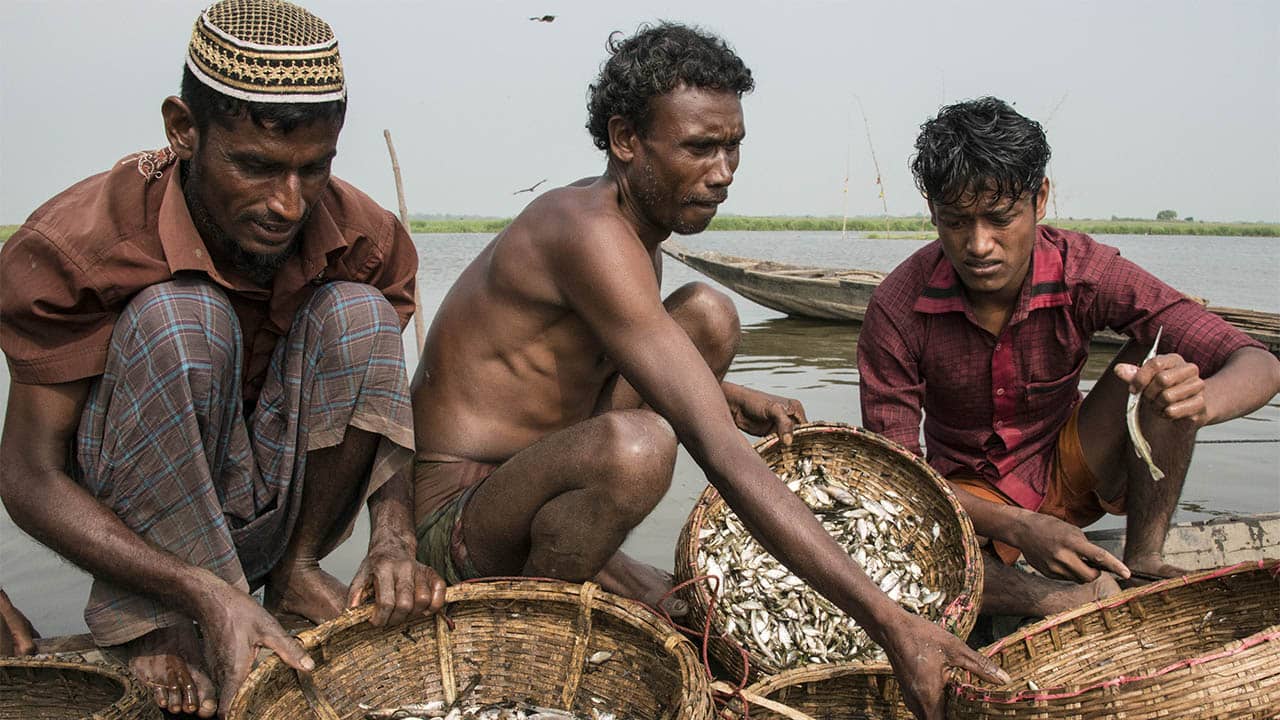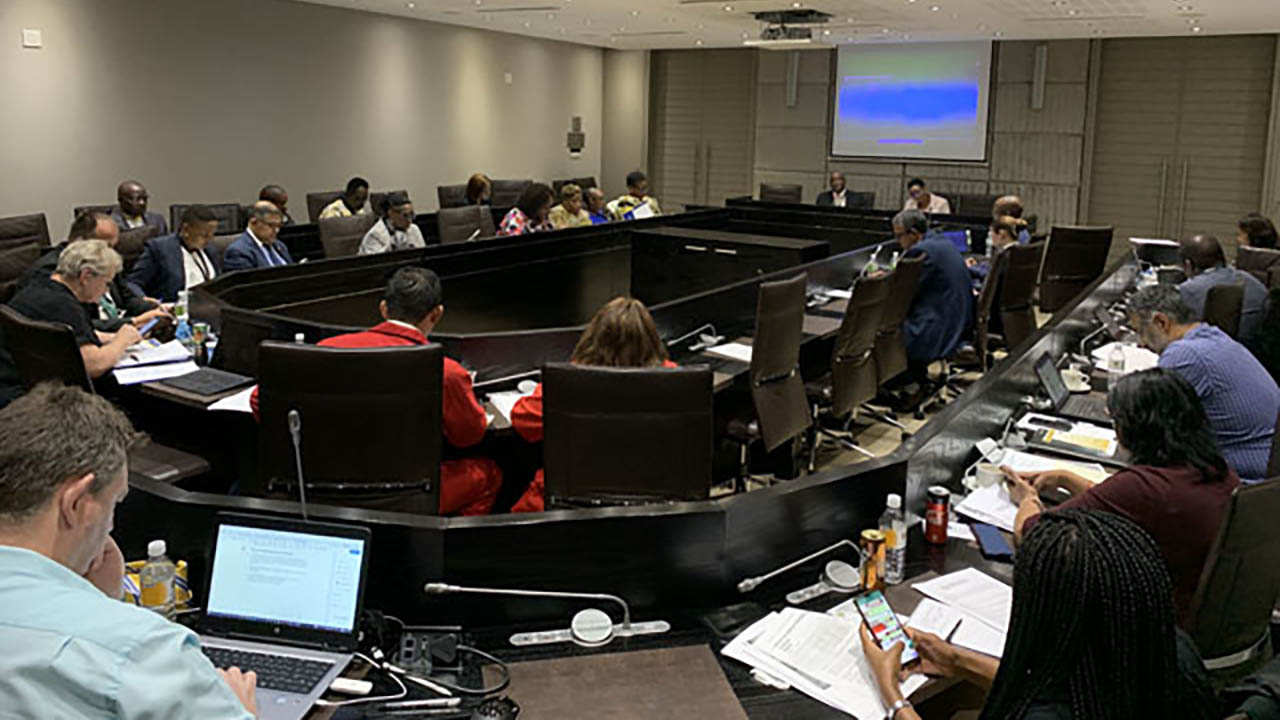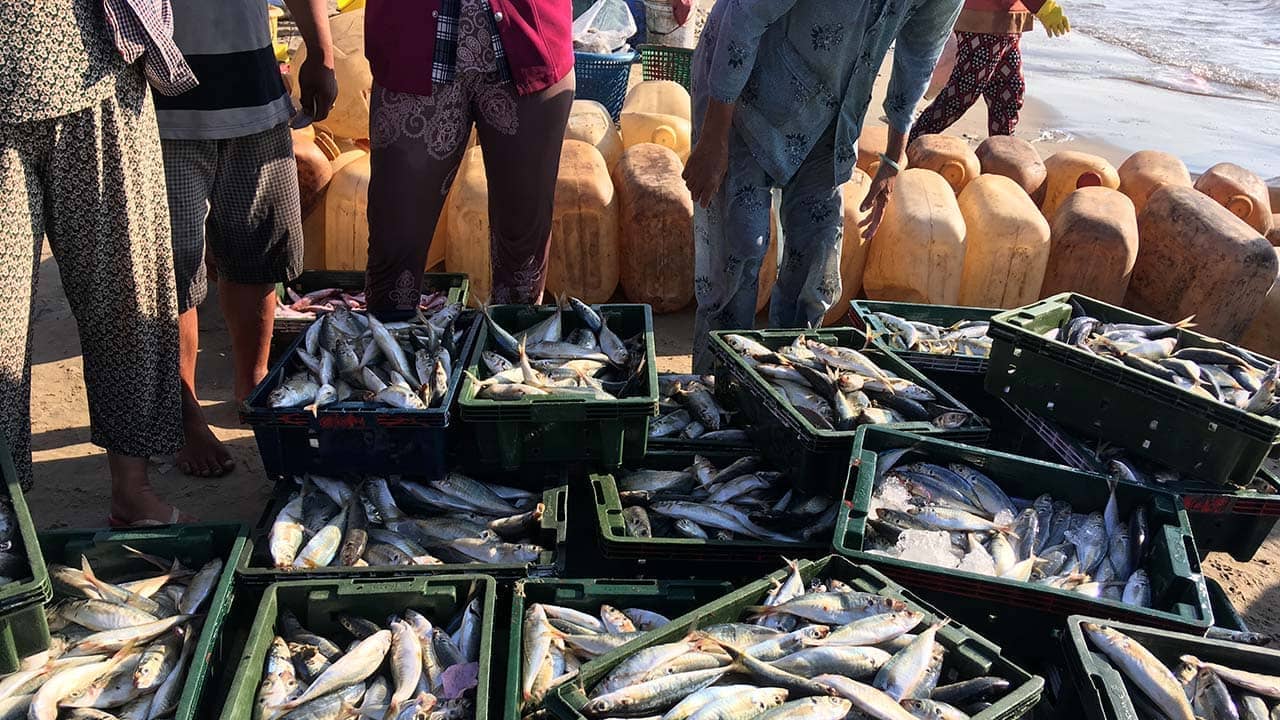
About SSF
According to the UN Food and Agriculture Association (FAO), Small-Scale Fisheries (SSF) differ from commercial fishing in that they are undertaken by fishing households using a relatively small amount of capital and energy and by using smaller fishing vessels closer to shore.
SSF account for approximately 50 percent of global capture and 90 percent of fishers and fish workers. SSF provide employment and nutrition to millions of coastal families and communities as well as generating income that contributes to national economies. Approximately half of those employed in SSF are women, meaning SSF present unique opportunities for their economic empowerment.
However, SSF are not without their challenges. Rapid technological and societal change have affected traditional practices and jeopardized the small-scale fishers’ access to fisheries resources. Decades of overexploitation of the marine environment threaten the ecosystems traditionally harvested by SSF.
To meet these challenges, the FAO has developed the Voluntary Guidelines for Securing Sustainable Small-Scale Fisheries in the Context of Food Security and Poverty Eradication (SSF Guidelines). This is the first international instrument dedicated to the SSF sector and seeks to establish guidelines for protecting the ecosystems and communities involved in SSF.
PGA’s SSF Project
In partnership with the Environmental Law Institute, a project of PGA’s Campaign on the Protection of the Oceans & Implementation of SDG 14 is the sustainable development of small-scale fisheries (SSF).
Specifically, PGA’s work on small-scale fisheries focuses on the implementation of SDG 14.b and its Indicator 14.b.1:
- SDG 14.b. Provide access for small-scale artisanal fishers to marine resources and markets.
- Indicator 14.b.1. Progress by countries in the degree of application of a legal/regulatory/policy/institutional framework which recognizes and protects access rights for small-scale fisheries.
To advance this SDG and its Indicator, the PGA’s SSF Projects aims to identify legal instruments and regulatory language to strengthen rule of law in coastal fisheries management as well as providing technical assistance to governments seeking to implement the relevant legislation.
Check the parliamentary questions posed by PGA members on this issue



